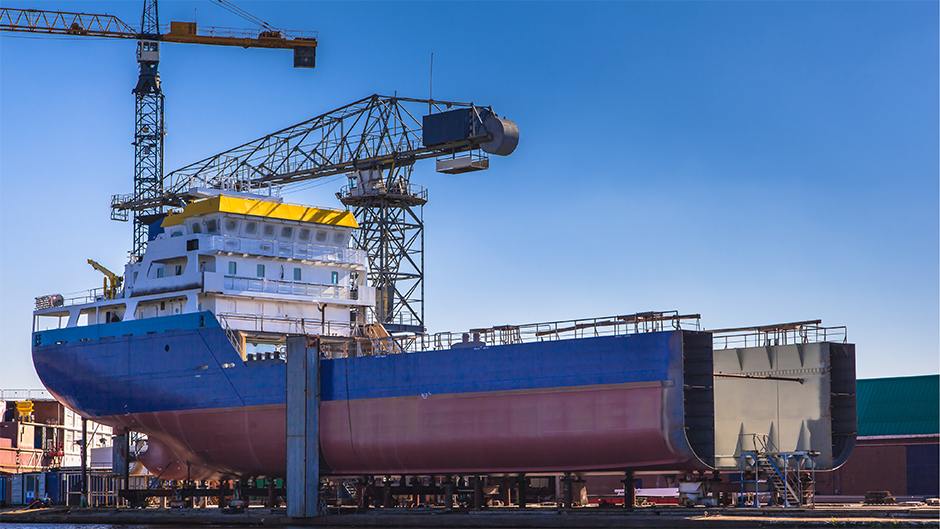What if hostilities actually commence and it becomes clear that the shipyard will be unable to finish the vessel, because for example, the shipyard has been requisitioned or destroyed?
It is difficult to succeed in an argument that the contract has been frustrated when the very event that is the cause of the frustration is covered in the force majeure clause as discussed by Lord Simon of Glaisdale in National Carriers Ltd v. Panalpina (Northern) Ltd (1981).
However given that the whole point of a force majeure clause is to deal with events that cause delay rather than events that make it impossible to carry out the objective of the contract, it is arguable that if it is clear that it is impossible to construct the ship (for example because the shipyard has been destroyed) the contract would be frustrated despite the provisions of the force majeure clause.
From the point of view of the buyer, frustration, although it brings the contract to an end, is not necessarily an attractive solution. If the contract is frustrated the buyer need not continue to pay instalments but on the other hand the question of how much of the funds already paid are recoverable will be up in the air. If the contract is frustrated the tribunal can order the return of all or part of the buyer’s pre-paid instalments of the contract price to the extent that the same is necessary to “do justice” between the parties s. 1(2) of the Law Reform (Frustrated Contracts) Act 1943. As a matter of discretion, provision may, however, also be made for a deduction from such sums to reflect expenses incurred by the builder in the period until termination of the contract. The buyer may therefore find that it can recover none of the pre-delivery instalments because the builder will be able to show that those funds cover only the costs that it has incurred.
The other problem for the buyer in the case of frustration of the contract is that any pre-delivery instalments that are recoverable will not be payable by the refund guarantor bank but by the builder in circumstances where it is likely to be impecunious.



